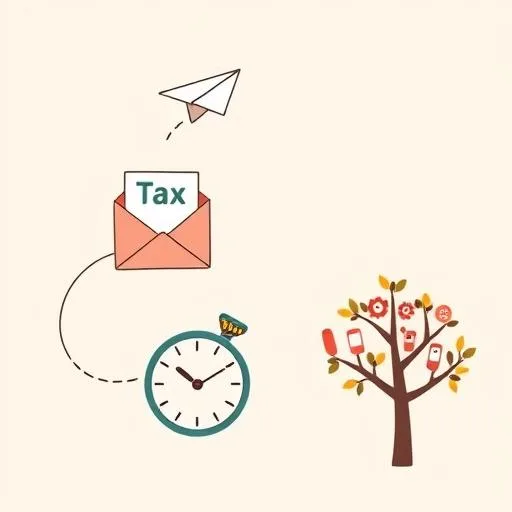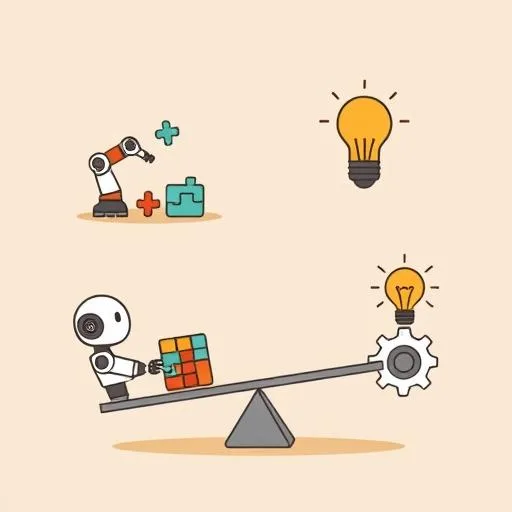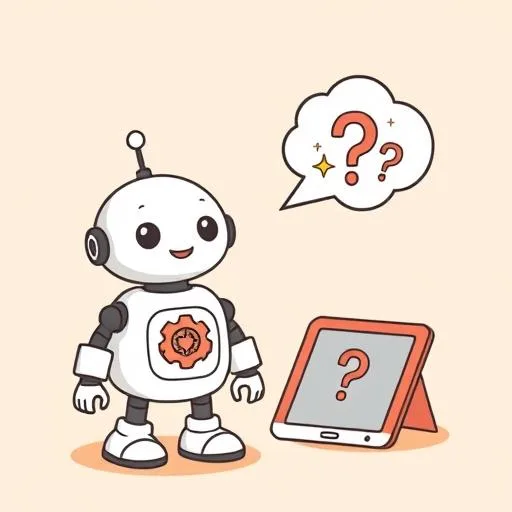
Lately it feels like grown-ups are discovering secret shortcuts at work—suddenly tasks that used to swallow entire evenings now zip by in minutes. Curious how? Just last week, PwC India rolled out their Navigate Tax Hub, a clever AI teammate built to untangle tax headaches by weaving together expertise and smart tech. So, how does this connect to our family lives? Funny how tools like this echo what we chase at home: time to breathe, connect, and let curiosity lead. Because whether you’re filing forms or building blanket forts, freeing ourselves from the grind means more room for what truly fills our cups.
How Can the ‘Let’s Team Up!’ Mindset Transform Work and Parenting?

Picture this: PwC’s tax folks aren’t swapping humans for robots—they’re pairing them. Their new hub uses AI to handle repetitive bits like sorting documents or double-checking calculations, while people dive into creative problem-solving. That’s the golden nugget, right? A recent EY survey found 87% of leaders believe this teamwork makes work richer, not colder. Now, flip it home: when kids wrestle with tricky homework, we often jump in to do it for them. But what if we handed them the flashlight and said, “You spot the clues—I’ve got your back”? Like letting your little detective hunt for patterns in baking measurements while you stir. Tools become trust-builders, not crutches. Suddenly, “I can’t” shifts to “Let’s figure it out together!”—and that’s how resilience takes root.
Why Accuracy in AI and Parenting Builds Safety Nets?

You’d think super-smart AI would nail everything, but here’s the twist: even shiny tools stumble. PwC built their hub with special safeguards, like using proven tax logic to keep answers reliable—because one wrong decimal in taxes (or one missed step in grandma’s kimchi recipe!) can ripple out fast. Parents know this dance: when your child swears they packed their lunchbox but it’s sitting on the counter, you don’t scold. You gently guide them to retrace steps. That’s the lesson here—accuracy isn’t about being perfect—it’s about building safety nets together. Maybe it’s asking “What makes you think that’s true?” over dinner instead of just Googling. Or playing “fact detective” during car rides: “Hmm, did we really see three blue birds? Let’s count again!” It’s not drilling—it’s nurturing the habit of checking, caring, and correcting with kindness.
How Does AI Free Up Time for Family Connection and Play?
Here’s where it gets joyful: EY shares that 96% of companies are swapping routine tasks like tax compliance for strategic play—think planning big-picture moves instead of chasing paperwork. That’s like rediscovering minutes we thought vanished forever. Now, imagine applying that at home. What if the hours saved from tedious chores became your family’s “silly idea slot”? A walk where we invent stories about clouds? A kitchen experiment with pancake flips and giggles? I mean, who wouldn’t trade a spreadsheet for spontaneous living room disco? It’s not about lazy parenting—it’s about prioritizing presence over pressure. Because those unplanned moments? They’re where kids learn creativity isn’t just coloring inside lines—it’s splattering paint because the rainbow wanted to dance.
How Can Glitches in Tech Teach Resilience to Kids?

